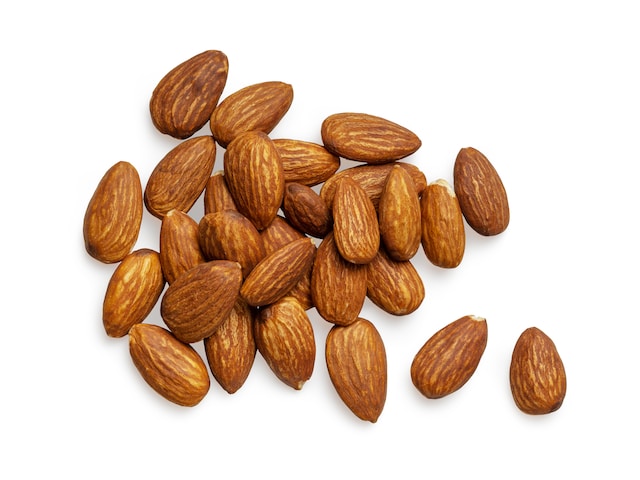Plant-based eating, or veganism, is more than just a dietary choice; it’s a lifestyle that has gained popularity for its numerous health, environmental, and ethical benefits. If you’re interested in embracing a vegan lifestyle but aren’t sure where to start, this beginner’s guide is here to help. We will discuss the benefits of a plant-based diet and provide practical advice, recipes, and resources to support your transition to veganism.
The Benefits of a Plant-Based Diet
Before we delve into practical tips, let’s explore the compelling reasons to adopt a plant-based diet:
Health Benefits
A well-balanced vegan diet can lower the risk of chronic diseases such as heart disease, diabetes, and certain types of cancer. It’s also associated with lower cholesterol levels and improved weight management.
Environmental Impact
Plant-based eating has a significantly smaller carbon footprint compared to a diet centred around animal products. It reduces greenhouse gas emissions, conserves water, and helps combat deforestation.
Animal Welfare
Veganism aligns with the ethical belief that animals should not be exploited for food, clothing, or any other purpose. Choosing plant-based foods promotes the humane treatment of animals.
Improved Digestion
Plant-based diets tend to be rich in fibre, which promotes healthy digestion and can help prevent digestive issues like constipation.
Weight Management
Many people find it easier to maintain a healthy weight on a vegan diet due to the lower calorie density of plant-based foods.

Diverse Cuisine
Veganism opens up a world of culinary possibilities, encouraging the exploration of new and diverse foods, flavours, and cuisines.
Practical Tips for Transitioning to a Vegan Lifestyle
Here are practical tips to help you make a successful transition to a vegan lifestyle:
Start Gradually
Begin by incorporating more plant-based meals into your diet. Gradual changes are more sustainable.
Educate Yourself
Learn about vegan nutrition to ensure you get all the essential nutrients. Pay attention to sources of protein, iron, calcium, and vitamin B12.
Explore New Ingredients
Experiment with a wide variety of vegetables, fruits, grains, legumes, nuts, and seeds. These will form the foundation of your vegan diet.
Vegan Substitutes
Explore plant-based substitutes for dairy and meat products, such as almond milk, tofu, tempeh, and seitan.

Read Labels
When grocery shopping, read labels carefully to identify non-vegan ingredients such as animal-derived additives or preservatives.
Cook at Home
Cooking your meals allows you to have full control over your ingredients. Explore vegan recipes and cookbooks for inspiration.
Veganize Your Favorites
Many traditional recipes can be veganized with simple substitutions. For example, use plant-based milk in place of dairy milk in recipes.
Eating Out
When dining at restaurants, look for vegan-friendly options on the menu. Most establishments are becoming more accommodating to vegan diets.
Social Support
Connect with the vegan community, both online and locally, for support, advice, and recipe ideas.
Plan Ahead
Plan your meals and snacks in advance to ensure you have nutritious and satisfying options readily available.
Vegan Resources and Recipes
To support your journey, here are some helpful resources and delicious vegan recipes:
Vegan Starter Kit: Explore online vegan starter kits and guides that offer comprehensive information on transitioning to a vegan lifestyle.
Vegan Recipe Websites: Websites like Minimalist Baker, Oh She Glows, and Thug Kitchen offer a vast collection of vegan recipes for all occasions.
Vegan Apps: Download vegan recipe apps like “Forks Over Knives” or “Is It Vegan?” to find recipes and identify vegan products while shopping.
Cookbooks: Invest in vegan cookbooks like “Veganomicon” by Isa Chandra Moskowitz and Terry Hope Romero, or “Thug Kitchen: Eat Like You Give a F*ck.”
Documentaries: Watch documentaries like “Forks Over Knives,” “Cowspiracy,” and “What the Health” to gain a deeper understanding of the benefits of plant-based eating.
Conclusion
Transitioning to a vegan lifestyle can be a rewarding and impactful choice for your health, the environment, and animal welfare. By starting gradually, educating yourself about vegan nutrition, and exploring new ingredients and recipes, you can embark on this journey with confidence. With a wealth of resources and a growing vegan community to support you, embracing a plant-based diet has never been more accessible and delicious. Welcome to the world of veganism, where you’ll discover a vibrant and compassionate way of living and eating.

